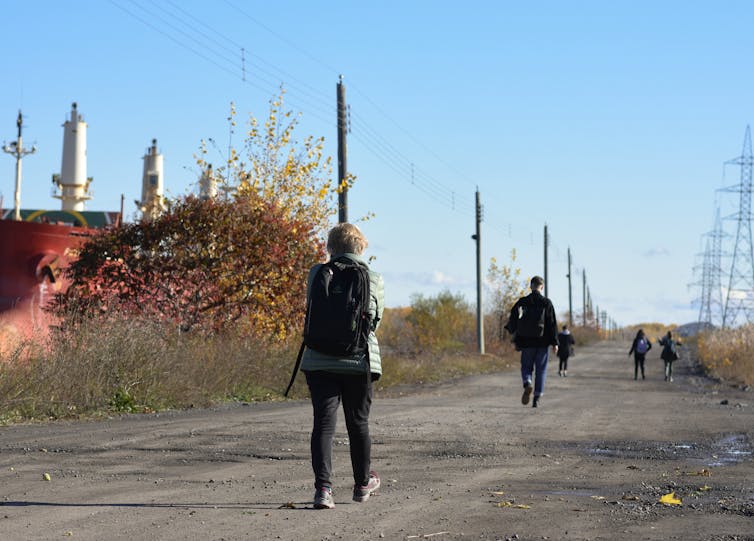 |
| Image credit: https://institucionteresiana.org/en/focal-points/the-cry-of-the-earth-cry-of-the-poor |
I asked Meta AI, "What does Laudato Si' say about 'The Cry of the Poor'?"
Laudato Si' is an encyclical written by Pope Francis and released on May 24, 2015. It addresses the interconnectedness of environmental and social issues. Here is the response from Meta AI...
Laudato Si' emphasizes the intimate relationship between the cry of the Poor and the cry of the Earth. Pope Francis stresses that we're facing a single, complex crisis that's both social and environmental ¹. The encyclical highlights how the Earth's degradation disproportionately affects the world's most vulnerable populations, particularly the poor.
The Cry of the Poor
In Laudato Si', Pope Francis identifies two significant injustices experienced by the poor due to the climate crisis. Firstly, they're usually the first affected by extreme weather events, losing their livelihoods and facing displacement ². Secondly, despite contributing minimally to climate change, they bear the brunt of its consequences.
Key Points
- Ecological Debt: The global north owes an "ecological debt" to the global south due to commercial imbalances and disproportionate resource consumption ².
- Vulnerable Groups: The encyclical emphasizes the need to protect human life in all forms, with special attention to indigenous people, migrants, unborn children, and children at risk of modern slavery ³ ⁴.
- Spiritual Crisis: The ecological crisis is also a spiritual crisis, requiring a spiritual conversion to address the root causes of environmental degradation ⁴.
Pope Francis urges us to listen to the cry of the poor and respond with solidarity, advocating for eco-justice and defending human life ¹ ³. By doing so, we can work towards a more equitable and sustainable future for all.
Here are the references for follow up:
1 https://www.jpic-jp.org/en/a/the-cry-of-the-poor-laudato-si-2nd-goal
2 https://ssnd.org/shalom-laudato-si-laudato-si-reflections-response-to-cry-of-the-poor/
3 https://laudatosiactionplatform.org/listening-to-the-cry-of-the-poor/
4 https://laudatosiactionplatform.org/response-to-the-cry-of-the-poor/















